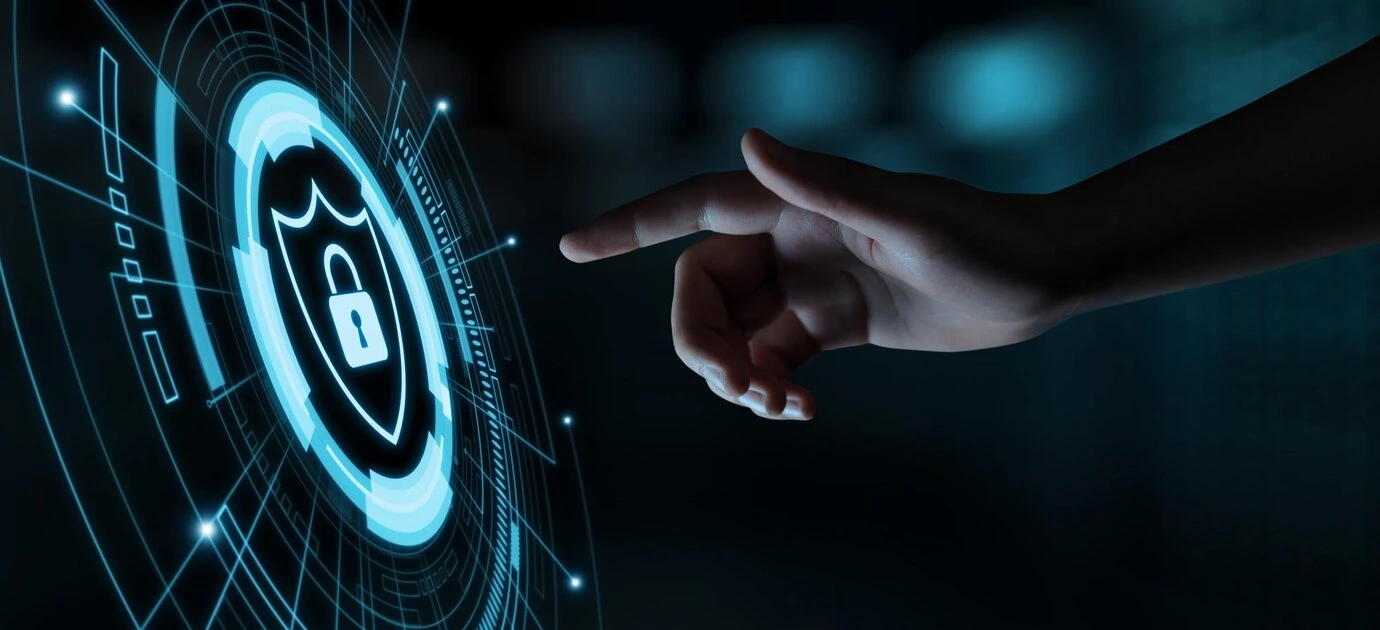How Blockchain Is Enhancing Data Security in Healthcare
1. Understanding the Basics of Blockchain
Integrating blockchain with legacy systems is like trying to introduce a trendy new friend to your old school pals-it can be a bit awkward at first, but with time and effort, they can all get along famously. With the help of IT consulting, software development, and managed IT services, businesses can bridge the gap smoothly. Add in cloud computing, data security, and reliable IT solutions, and you’ve got a recipe for successful digital transformation.
1.1 Understanding Legacy Systems
Blockchain is like a high-security diary where data is stored in blocks, chained together to create a tamper-proof record. Think of it as a digital ledger that’s decentralized and transparent—powered by IT consulting, software development, and data security.
1.2 Key Features of Blockchain for Data Security
Blockchain offers encryption, decentralization, and consensus mechanisms that make it super secure. It’s like having a digital guard dog protecting your data 24/7.

2. Challenges in Data Security in Healthcare

2.1 Current Vulnerabilities in Healthcare Data Systems
Healthcare data is juicy bait for cyber attackers due to outdated systems and human error—it’s like leaving the front door open and hoping no one notices. With the help of cybersecurity, IT consulting, and managed IT services, healthcare organizations can strengthen their defenses.
2.2 Risks Associated with Centralized Data Storage
Centralized data storage in healthcare is a bit like putting all your eggs in one basket—it’s convenient but risky if that basket gets swiped. One breach, and it’s game over.
3. Leveraging Blockchain for Data Integrity and Privacy
3.1 Ensuring Data Immutability with Blockchain
With blockchain, once data is recorded, it’s locked tight like a stubborn pickle jar. It can’t be changed, ensuring data integrity. Sorry, hackers, no funny business here.
3.2 Enhancing Patient Privacy through Decentralized Systems
Decentralized blockchain systems spread data across multiple points like a digital spider web, minimizing the risk of a single point of failure. It’s like having a secret hideout for your data—enhanced by IT consulting, data security, and cloud computing.

4. Implementation of Blockchain in Healthcare Systems
4.1 Integrating Blockchain with Electronic Health Records
By blending blockchain with electronic health records, healthcare providers can securely access patient data while keeping it safe from cyber crooks. It’s like having a digital bodyguard for your personal health info—powered by cybersecurity, IT consulting, and data security.
4.2 Smart Contracts and Automating Healthcare Processes
Smart contracts on the blockchain automate healthcare processes like insurance claims, slashing paperwork and reducing errors. It’s like having a digital assistant streamlining tasks so you can focus on what truly matters—staying healthy.
5. Benefits of Blockchain in Enhancing Data Security
5.1 Improved Data Accuracy and Transparency
Blockchain technology ensures that data stored within the system is accurate and transparent. Since blocks of information are linked in a chain and cannot be altered retroactively, it enhances data integrity—supported by IT consulting, cybersecurity, and software development. With managed IT services, data security, and reliable IT solutions, businesses can trust the authenticity and resilience of their digital records.
5.2 Reducing Data Breach Risks and Unauthorized Access
By leveraging cryptography and decentralization, blockchain reduces the risk of data breaches and unauthorized access. Each transaction is securely recorded and validated, making it challenging for malicious actors to tamper with sensitive information.
6. Regulatory Considerations and Compliance in Healthcare Blockchain
6.1 Adhering to HIPAA and GDPR Regulations
Healthcare organizations using blockchain must comply with regulations such as HIPAA and GDPR to protect patient privacy. Implementing blockchain solutions that meet these standards is crucial for maintaining legal and ethical compliance.
6.2 Ensuring Interoperability and Data Sharing Safeguards
Interoperability and data sharing are essential in healthcare, and blockchain offers solutions to ensure secure information exchange between different entities while maintaining data integrity and privacy. With the support of IT consulting, data security, and cybersecurity, healthcare systems can achieve seamless communication.
7. Case Studies: Successful Integration of Blockchain in Healthcare
7.1 Real-world Examples of Blockchain Implementations in Healthcare
Several healthcare organizations have successfully integrated blockchain technology to streamline processes, enhance security, and improve patient care. Supported by IT consulting, software development, and data security, these case studies highlight the practical applications and benefits of blockchain in the healthcare industry.
7.2 Lessons Learned and Best Practices from Successful Cases
By analyzing successful blockchain implementations in healthcare, organizations can learn valuable lessons and best practices for deploying this technology effectively. Understanding the challenges and triumphs of past cases can guide future adoption strategies.
8. Future Trends and Potential Impact of Blockchain on Healthcare Security
8.1 Emerging Technologies and Innovations in Healthcare Security
As blockchain continues to evolve, new technologies and innovations in healthcare security are on the horizon. Advancements such as smart contracts and decentralized identity management systems have the potential to revolutionize data security in the industry.
8.2 Forecasting the Evolution of Blockchain in Healthcare Industry
The future of blockchain in healthcare looks promising, with ongoing developments shaping its impact on data security and patient care. By forecasting trends and anticipating how blockchain technology will evolve, stakeholders can prepare for the transformative changes ahead. In conclusion, the integration of blockchain technology in healthcare is paving the way for a more secure and efficient data management ecosystem. With the support of IT consulting, cybersecurity, and data security, the industry is embracing innovative IT solutions to protect sensitive information. As managed IT services, cloud computing, and software development continue to drive adoption, patients can have greater confidence in the privacy and integrity of their health records.



